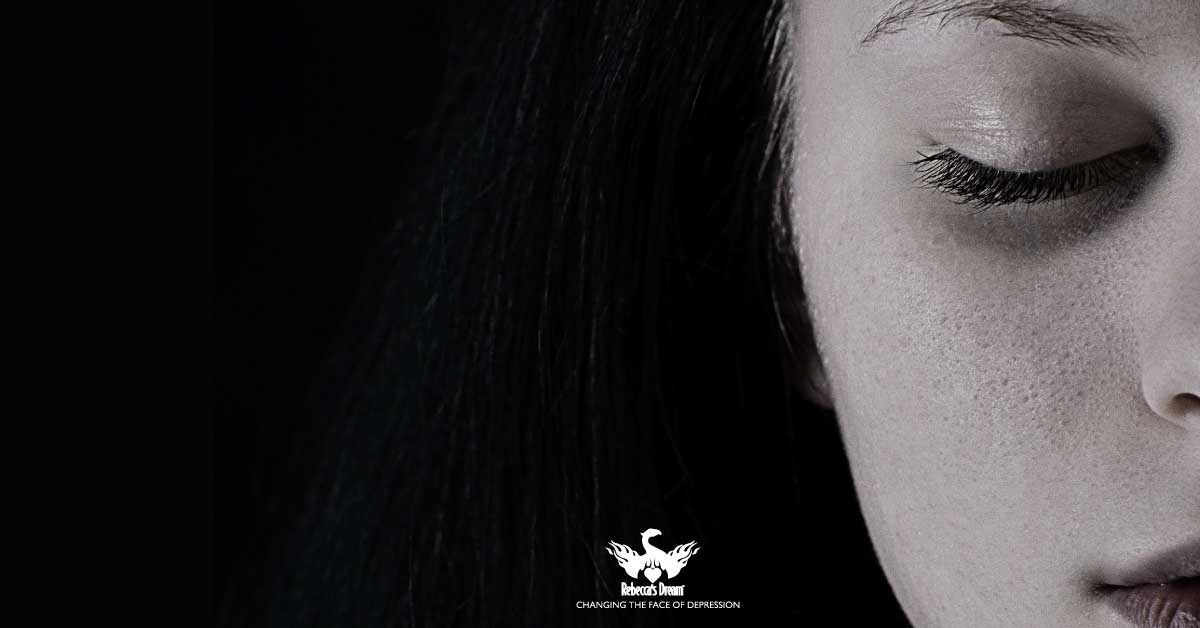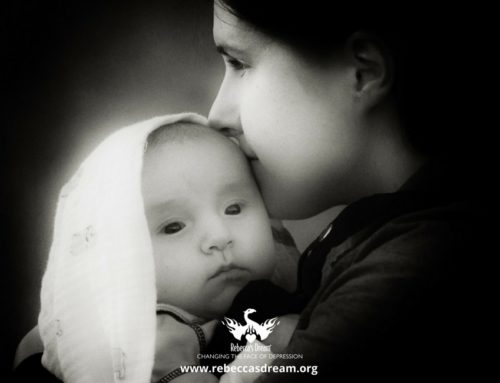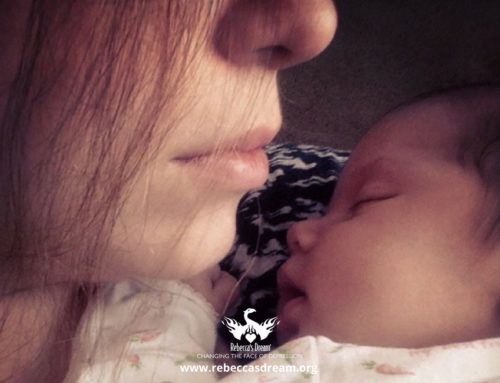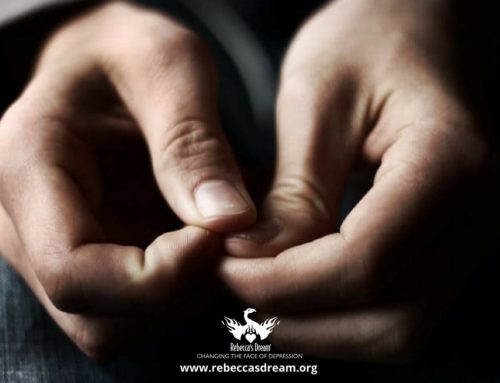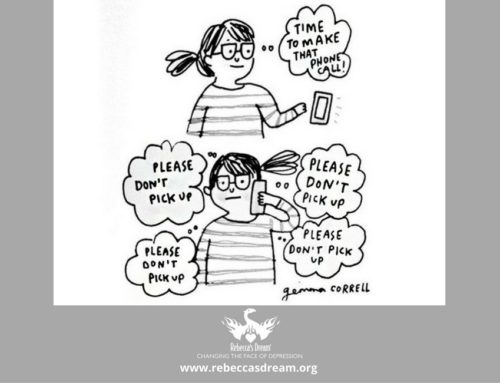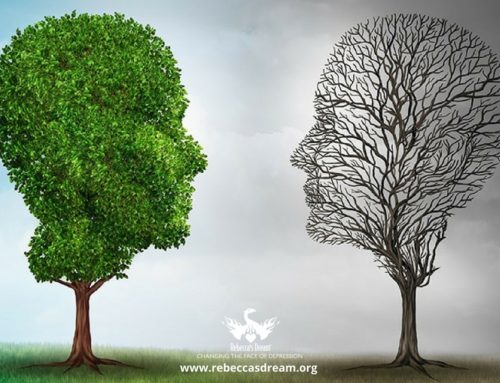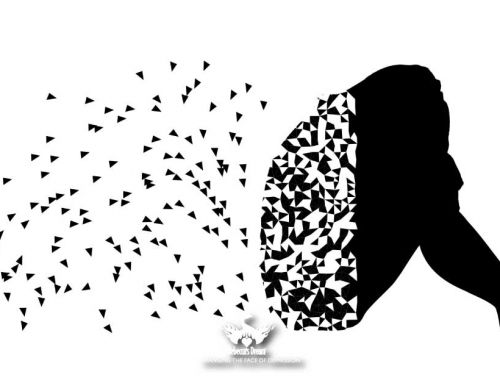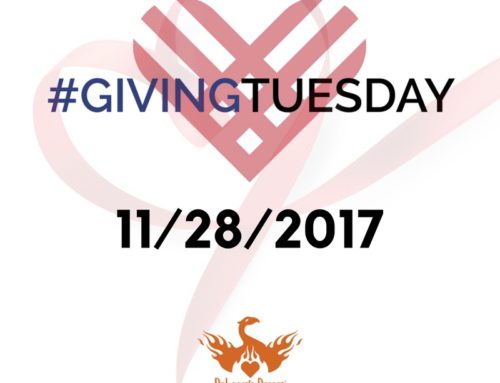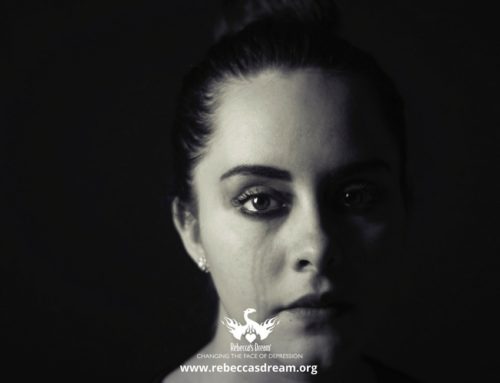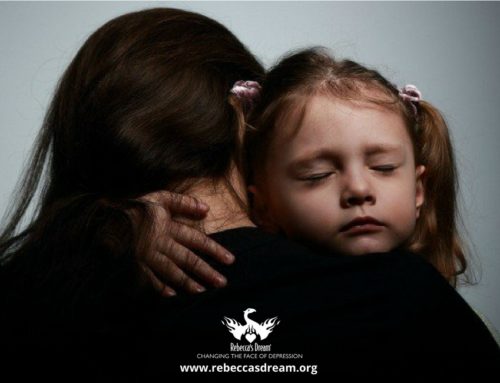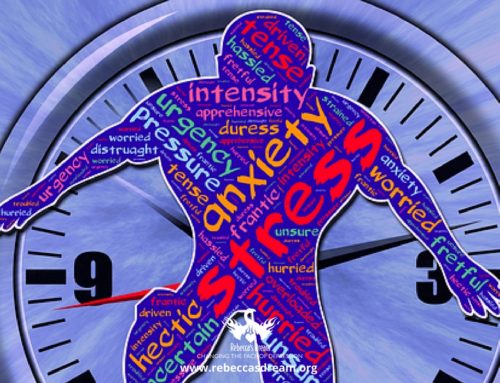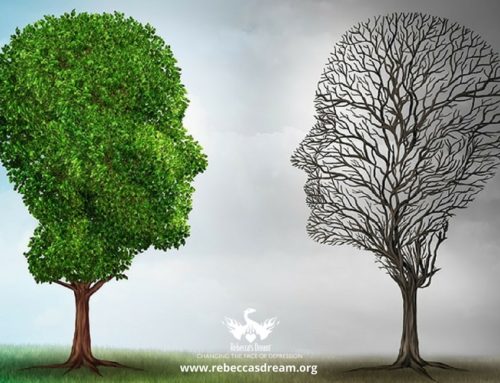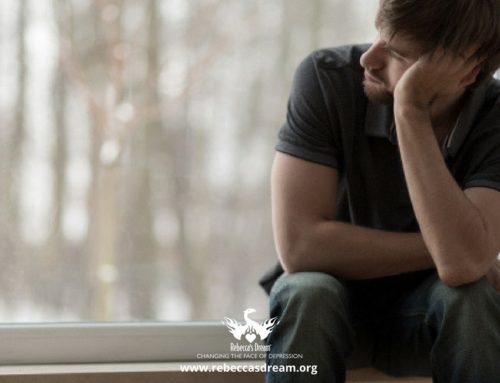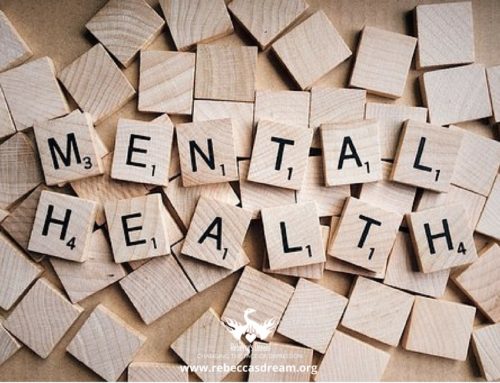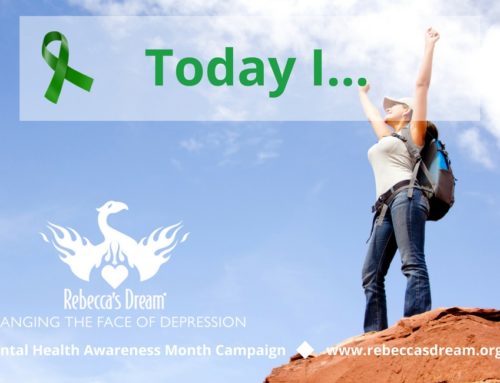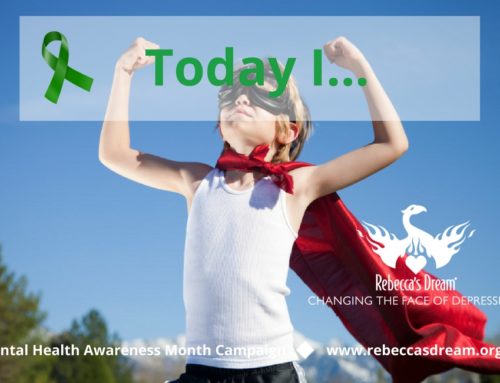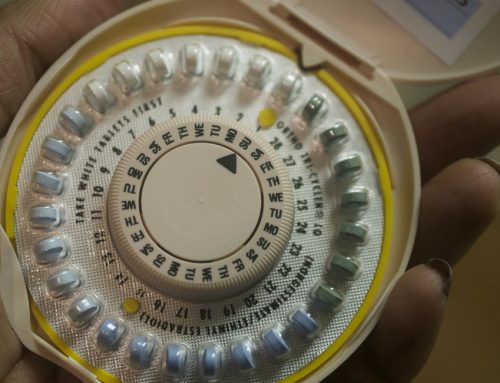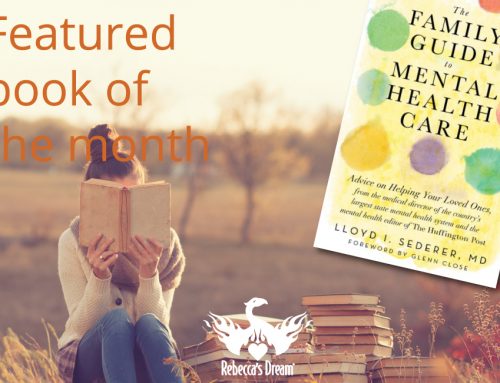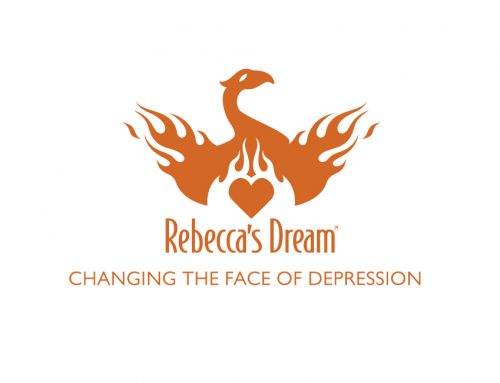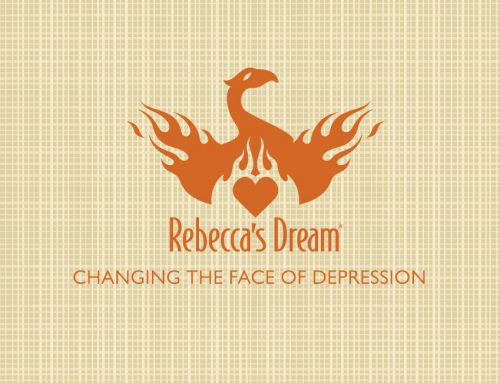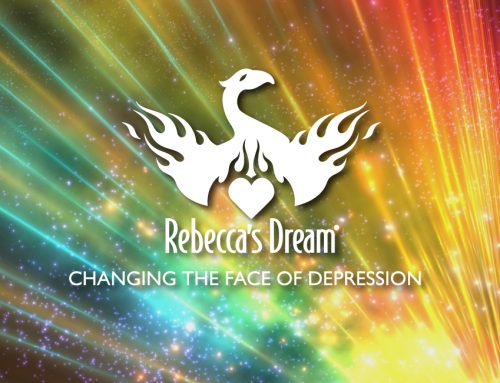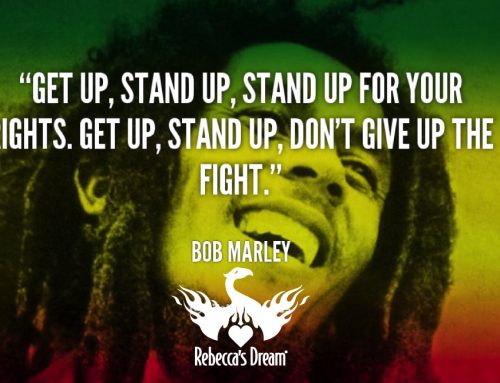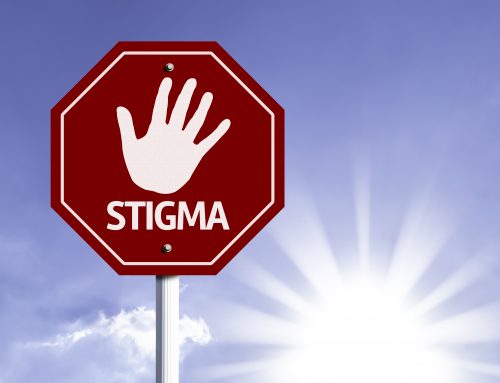As Greg Ludlam approaches the first anniversary of Elizabeth’s death, he has a message for the 600,000 American women who may also be struggling with postpartum depression.
It’s not that it’s hard for Greg Ludlam to describe his wife, Elizabeth. It’s that when he does, he has to use the past tense.
She was an awesome wife. She was an on-top-of-it mom. She was thoughtful and kind-hearted.
On June 1, 2016, Elizabeth, then 39, committed suicide after battling postpartum depression (PPD) for months, if not longer. On a crystal-clear California afternoon, Greg, 51, became a widower and a single parent to their two children, Emma, 9, and Ethan, 2. Just weeks before his family confronts the one-year anniversary of Elizabeth’s passing, he’s retracing the lost battle he never knew his wife was fighting.
“I’ve got to carry around this constant feeling of, Why didn’t I figure this out?” he says now.
It was Elizabeth’s bright-like-the-sun personality that Greg noticed first. They met at a library where Elizabeth worked part-time in Northampton, Massachusetts.
“We got to talking, and I was drawn to her smile and how friendly she was,” Greg says. “Even the way she walked — fast, with confidence. You could tell she was the kind of person who got things done.”
After about a year of dating, the couple went to California to help Greg’s family after his step-father passed away, and decided to make their stay permanent. If you look up the phrase “going west,” it’s described as the moment you’re about to meet disaster, but for Greg and Elizabeth, it felt like the exact opposite. Elizabeth fell in love with the area — the craggy coast, the nice weather, the day trips to the Golden Gate Bridge — according to Greg.
“Elizabeth took the lead with getting us out there,” he says. “She took care of all the little details — the packing, the prep.” The couple got married in the summer of 2001 and settled in Rohnert Park, a quiet neighborhood about an hour north of San Francisco.
“Life felt good,” Greg says. He was working as a mechanical engineer and Elizabeth had a job as a project coordinator with a solid track for advancement. After their daughter Emma was born in 2007, Greg felt like he and his wife were going through the normal ebbs and flows of new parenting.
“Elizabeth was completely on it — knowing what you’re supposed to do and not do,” Greg says. “Of course, we were tired, but it was fun.” Elizabeth worked her way into the Rohnert Park mom scene, attending classes for new moms and meeting up with them afterward for coffee and walks. “It was something she really enjoyed,” he says.
When Ethan was born seven years later, in 2015, that extra support lost out to work and managing a household of four. But to Greg, the routine felt like more of the same. The couple got up together for middle-of-the-night feedings and tag teamed the daily routine.
“Elizabeth would drop the kids off in the morning and I would pick them up later,” Greg says. “I would cook, she would do the laundry. At night, she’d get one kid to bed and I’d take care of the other one. We were a well-oiled machine.”
But then something changed. A change Greg did notice.
“Right around the time our son turned one, there was something about Elizabeth that just wasn’t right,” Greg says. “She was less tolerant of things around the house, and less patient, which was unusual for her because she was such a positive person. She wasn’t initiating time with friends or neighbors, and she started saying she was a bad mom. My interpretation was that it had to be stress.” Greg tried to help by suggesting she take a night to spend time with her friends, but she never did.
In the spring of 2016, the couple started talking about a move back to the East Coast, where they both had family.
“It was almost like a passing comment, but Elizabeth really latched onto the idea of leaving California, so it became this serious thing that we were going to do within the year,” Greg says. “We were both just kind of done with being on the West Coast. Elizabeth had been living thousands of miles away from her family for over a decade — a distance that now felt farther with two kids in the picture.” Elizabeth started packing up the house right way — stuffed animals, kitchenware that was seldom used. All boxed up.
Greg thought he’d discovered a release valve from the pressure, “but Elizabeth still just wasn’t herself,” he says. “We would go out to eat at a place we loved or would be spending an evening together, and she was just totally checked out. It wasn’t like she was on her phone or ignoring me or anything — it was like she lacked all joy and had no enthusiasm.”
What Greg wouldn’t find out until later is that Elizabeth was seriously struggling. It wasn’t just stress or homesickness, but something far beyond her control. Postpartum depression affects about one in nine women in the U.S., according to the Centers for Disease Control, or about 600,000 women who give birth each year. Mothers of multiple children, such as Elizabeth, are even more at risk. (Same for mothers whose infants are in NICU, mothers who’ve gone through infertility treatments or those with a family history of depression or anxiety.) Symptoms range from lack of interest in your baby to feelings of guilt, shame and hopelessness, to thoughts of harming yourself or your child.
In the weeks before her death, Elizabeth, a normally happy employee known to surprise her coworkers with coffee, got angry with work. She confessed to the daycare worker at her son’s school that she was feeling overwhelmed. At home, she kept insisting on fast-tracking the move, wanting to be back east by the end of the month.
Late one night in May 2016, a few weeks before Elizabeth died, Greg Googled: Why is my wife acting off? It’s a moment that sticks out now.
“Looking back, and knowing that I couldn’t figure it out, the guilt on my part is huge,” Greg says. “It feels like I failed my wife, because I know now that all of the talk of moving was Elizabeth’s final act of desperation — it was a way for her to try and fix what she was feeling.”
The morning of June 1, 2016, started off just like any other weekday. Greg left for work before dawn, at 4:30 a.m. A few hours later, Elizabeth got the kids ready and dropped them off at school and day care before heading to her office. Throughout the day, the couple texted. About what? Greg can’t really remember. Insignificant things because it wasn’t supposed to be a significant day.
“That night, I helped Elizabeth get the kids to bed, and then I had to step out for a bit,” Greg says. “It was normal for me to run a few errands in the evening — swing by the grocery store, fill the car up with gas, stuff like that. Elizabeth was upset that the move was taking so long, and we agreed to talk about it later that night.”
When Greg returned home an hour or two later, he walked in and found Elizabeth unconscious. What happened afterward, he says, is a blur.
“I started doing CPR while calling 911 at the same time,” he says. “The ambulance arrived, the police, a fire truck — we were that house. I felt like a flying saucer landed in my driveway and blew the door off the front of my house. I mean, I don’t know. How do you sum up your wife dying?”
At the hospital, he held Elizabeth’s hand while she lay in the ICU. He listened to the nurses and doctors, and to the beeps coming from machines. But none of it made it seem more real. Then Greg heard one of the nurses mention postpartum depression.
“After talking with her and some of the other doctors, and learning more about what PPD is, it was the general consensus that Elizabeth had suffered from it,” Greg says. “I was so shocked by what happened to Elizabeth, but in that moment, it was like, okay, so that’s what’s been going on here.”
But Greg still thought his wife was alive.
“As I’m sitting there, I thought, Okay, she’s going to need some kind of recovery,” he says. “Maybe she’ll be in a wheelchair. And I started thinking, Well, if she’s in a wheelchair, we’re going to need ramps. I can build ramps in our house.”
But the next afternoon, on June 2, 2016, Elizabeth passed away with Greg at her side. “It’s a shock you feel physically, like someone set off a firework too close to you,” he says.
“There’s a lot I don’t remember, and it’s sort of weird what I do,” Greg says. “After she died, I remember driving home from the hospital and pulling into my neighborhood. It was so peaceful, and it was just this strange feeling of knowing that my world no longer fit in that. What happened to me felt loud and never-ending. It was like, What the f*ck just happened?”
And then, the worst part.
“First, I had to tell my kids,” Greg says. “We were sitting at the dinner table. I pulled them close to me and said, ‘Something bad has happened. Mom is dead, and she’s not coming back.'” While Ethan was too young to realize what was happening, Emma cried. For months, they all slept snuggled together in a tiny, twin-size bed.
“We were in survival mode,” he says. A family glued together by a shock that doesn’t just evaporate.
Almost a year has passed. It’s a Friday, and Greg has his music playing.
“I listen to a lot of Flogging Molly right now; it helps me cope,” he says. There’s a line that really speaks to me: Well I lost me a wife, so I found me a plane … I’m doing the best, Hell I’m doin all that I can.
With the help of life insurance, Greg is able to be a stay-at-home dad for now. “That’s Elizabeth saving my a** again and she’s not even here,” Greg says, who feels like getting the kids into a normal routine is an important way to get back on some sort of track. School. Playdates. Ukulele lessons for Emma, and an obsession with cars and trucks for Ethan. Sandwiched between the daily routine is grief counseling for Greg and Emma (Ethan, at 2 years old, is still too young).
“I also try to be extremely open with them,” Greg says. “I’ve taken my daughter to the hospital to show her where her mom died, but kids grieve differently. They don’t sit in a corner and cry for days and days, although my daughter does cry sometimes. But they maybe ask a question, I answer, and then they continue playing. Once Emma said, ‘Did Mom know her brain was sick?'” Greg answered, and Emma went back to drawing a picture of a braid.
There are streaks of “almost normal,” but time hasn’t blurred out the fact that Elizabeth is gone. Her razor still sits in the shower, her clothes in the closet.
Greg and Elizabeth were married for 16 years, and he sometimes acts as if he’s still in a marriage. “I was helping some friends move into their house, and I took a break and thought to text Elizabeth to let her know how I was doing — that was six months after she’d been dead,” Greg says. “Another time, I was filling out forms for the DMV and I needed my license plate number. So I naturally just called out to her, ‘Hey hon, what’s the license plate number on the minivan?’ And it hits me — she’s not there. In those moments I realize that the best person you can have on your team is now gone from mine.”
Then there’s the hurt the kids don’t know yet. “I think about the obvious things that my daughter is going to wish her mom was there for, like when she turns 16 or graduates from college,” Greg says. “Or I imagine when my son turns three, how Elizabeth would have planned such a nice party.”
There’s also the emotions that are harder to admit — like anger. “Sometimes I think, How could she just leave the kids?,” he says. The next minute, he’s breaking down in tears. “I’m a man. I don’t cry, right? What a joke. I lose it all the time.” Other days, he’s consumed with what he could have done better. “This is one thing I really want men know about PPD — if you see something not right with your wife or partner, you need to get help right away from a medical professional who specializes in mental health care,” Greg says. “I’m not talking about tomorrow or next week — now.”
Greg is attempting to find purpose in all of this. He has spoken about maternal mental health care to various groups, and plans to continue to do so. His message: “For anyone who is reading this and you’re feeling overwhelmed or you’re feeling like a bad mom or you’re feeling like a lousy wife, or just feeling unloved and alone — you’re not. You’re not a bad mom. You’re not a lousy wife. You’re not unloved and alone. There’s help. You need to reach out to a qualified mental health doctor right now.”
However, it’s not easy to see the light just yet. “I wouldn’t call our life right now happy, but I would call it good — with an underlying sucky feeling under it,” he says.
But Greg knows that life can change again in an instant. And so he turns up Flogging Molly, “I’m doing the best, Hell I’m doin all that I can” and waits.
To learn more about bipolar disorder, depression, anxiety or suicide prevention please visit our website.


